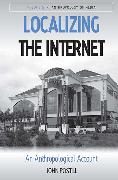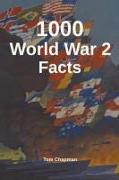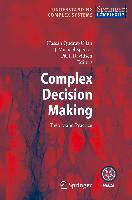- Start
- Localizing the Internet
Localizing the Internet
Angebote / Angebote:
Theoretically rich, yet written in clear and effective prose, this book brings the best of ethnography--narrative explication, deep cultural context, and informant-generated knowledge--to the study of social media. In the best ethnographic tradition, it presents complexity rather than reductively erasing place, people, and politics. It is long overdue and should be widely read as an important contribution from media anthropology to the wider field of digital media research." · Mark Pedelty, University of Minnesota "This is a very strong contribution to media anthropology [that] will quickly stimulate a spate of innovative research on the Internet because it provides conceptual tools that open new avenues of study. The key idea, "the field of residential affairs, " is very rich, and I particularly like the way Postill connects this new area of anthropology (internet studies) to the classic works of the Manchester School." · Andrew Arno, University of Hawai'i "[A] very interesting case study of the intersection of online activities and offline contexts in relation to political organization and community activism in suburban Malaysia." · Leighton C. Peterson, Miami University Internet activism is playing a crucial role in the democratic reform happening across many parts of Southeast Asia. Focusing on Subang Jaya, a suburb of Kuala Lumpur, this study offers an in-depth examination of the workings of the Internet at the local level. In fact, Subang Jaya is regarded as Malaysia's electronic governance laboratory. The author explores its field of residential affairs, a digitally mediated social field in which residents, civil servants, politicians, online journalists and other social agents struggle over how the locality is to be governed at the dawn of the 'Information Era'. Drawing on the field theories of both Pierre Bourdieu and the Manchester School of political anthropology, this study challenges the unquestioned predominance of 'network' and 'community' as the two key sociation concepts in contemporary Internet studies. The analysis extends field theory in four new directions, namely the complex articulations between personal networking and social fields, the uneven diffusion and circulation of new field technologies and contents, intra- and inter-field political crises, and the emergence of new forms of residential sociality. John Postill is Senior Lecturer in Media at Sheffield Hallam University and a Fellow of the Digital Anthropology Programme, University College London (UCL). He holds a Ph.D. in anthropology from UCL and is the author of Media and Nation Building (Berghahn 2006), based on fieldwork among the Iban of Borneo, and coeditor of Theorising Media and Practice (Berghahn 2010).
Lieferbar in ca. 10-20 Arbeitstagen




